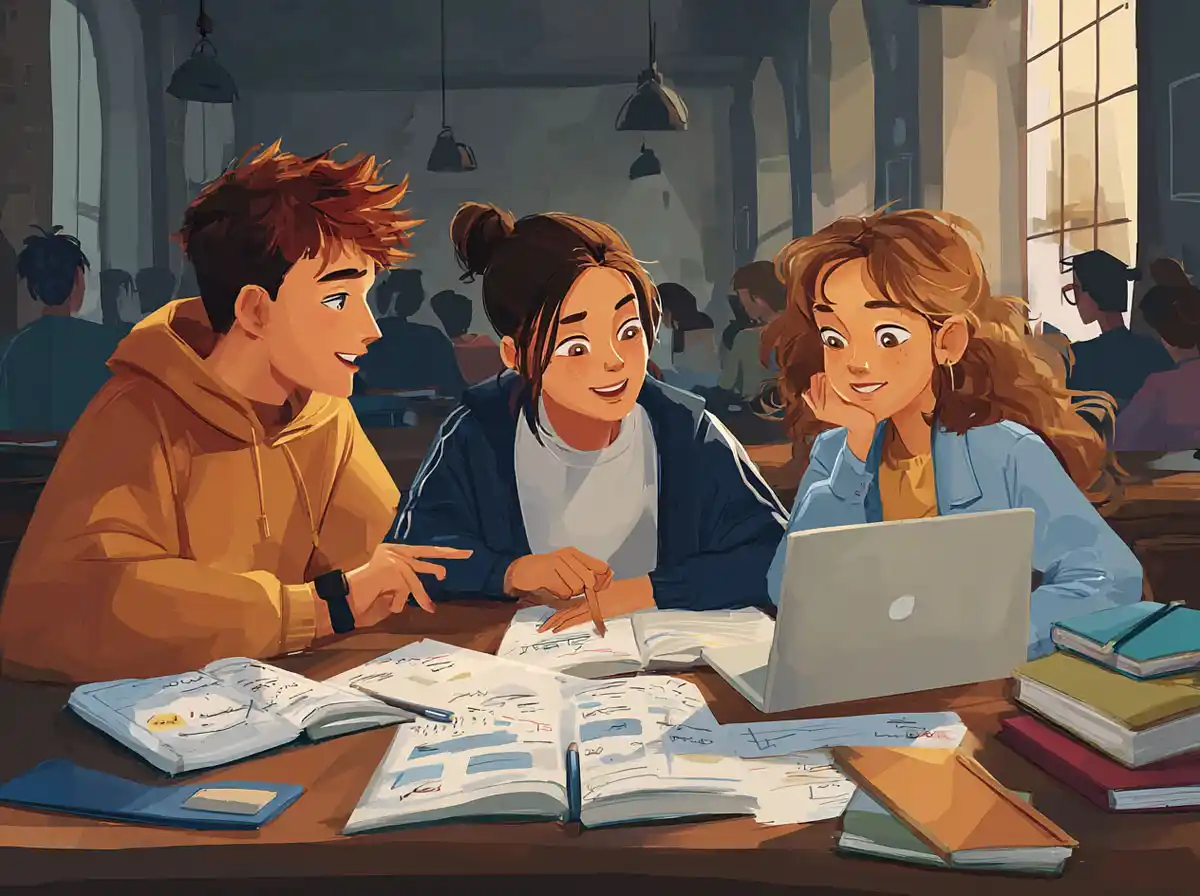这次的练习将会帮助大家更好地理解和运用现在完成时。通过填空题的形式,学生们将有机会在实际的语境中练习现在完成时,从而加深对这一时态的理解和记忆。每个练习都包括15个句子,学生需要在空格处填入正确的词或短语,完成句子。
现在完成时练习一:动作完成的状态
I have *already* (adverb) finished my homework.
She has never *been* (verb) to France before.
They haven’t *seen* (verb) the new movie yet.
You have *lost* (verb) your keys again, haven’t you?
We have *lived* (verb) in this city for ten years.
He has just *eaten* (verb) dinner, so he’s not hungry.
It has *stopped* (verb) raining, so we can go outside now.
The sun has *risen* (verb) and the day has begun.
I haven’t *decided* (verb) which dress to wear tonight.
She has *already* (adverb) completed the report.
We’ve *discussed* (verb) the matter enough; let’s make a decision.
John has *taken* (verb) his dog for a walk recently.
The flowers have *bloomed* (verb) beautifully this spring.
The children haven’t *eaten* (verb) their lunch yet.
I have *read* (verb) that book you recommended.
现在完成时练习二:经历和变化
Have you *met* (verb) her parents before?
I’ve *grown* (verb) so much since last year.
They have never *heard* (verb) such a strange noise.
Have you *finished* (verb) your report yet?
My brother has *become* (verb) a doctor.
We have *seen* (verb) many changes in our town recently.
She hasn’t *spoken* (verb) to him since the argument.
I have always *wanted* (verb) to visit China.
The company has *expanded* (verb) rapidly over the past few years.
He hasn’t *studied* (verb) for the exam yet, and it’s tomorrow.
Have they *apologized* (verb) for their mistake?
The temperature has *dropped* (verb) significantly overnight.
Our teacher has *given* (verb) us a lot of homework this weekend.
They haven’t *found* (verb) a solution to the problem yet.
She has *tried* (verb) Thai food for the first time today.










